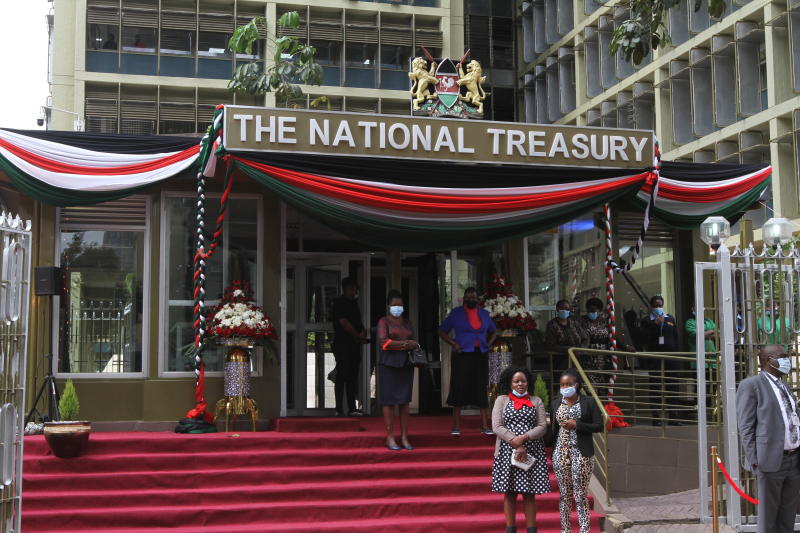×
The Standard e-Paper
Home To Bold Columnists

The National Treasury is in a spot over the accuracy of public debt figures it has been reporting.
The Auditor-General has queried the level of Treasury’s disclosure of the loans that the government has taken, noting that it has in some instances failed to include new debt.